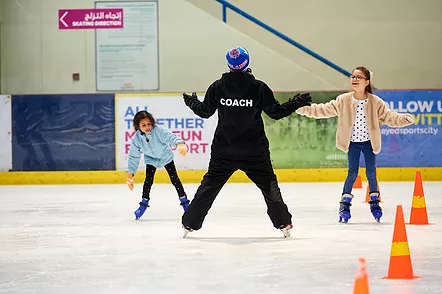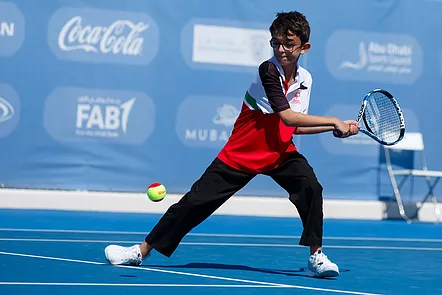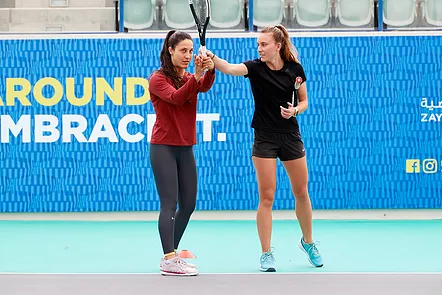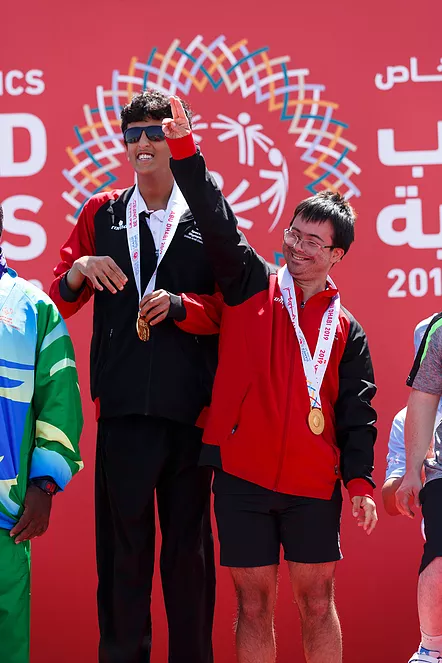Beyond the Physical: How Sports Really Impact Your Child

The physical benefits of playing sports are well-known. If your kid regularly plays any sport, they’re getting fitter and stronger. They’ll be improving balance and flexibility, too, and as a result, they will have a healthier heart, be less likely to be overweight, and decrease their risk of developing a slew of serious health conditions.
However, many people are less aware of just how much positive impact sports can have on their child’s social and psychological being. Signing up for sports coaching for kids is also brilliant for boosting a young one’s “soft skills,” which are the skills required to live happy, purposeful lives within the community.
In fact, these are just a few of the wide-ranging social and psychological benefits of sports.
The Social Benefits
Friendship
In both team and individual sports, there are opportunities to forge new and lasting friendships. Because a high-quality sports training academy will attract players from different schools and areas of the city, these bonds can create a new social circle outside of school and oftentimes with a more diverse group.
Many adults who played sports as a child still maintain friendships from this time; the bond created is very strong.
Solidarity and Teamwork
The saying “There is no ‘I’ in ‘team’” bears great importance in sports. Working together on a common goal, like winning a game, creates bonds and fosters camaraderie. Even when a child is involved in an individual sport, they will realise that it is their teammates who challenge them and that they would be unable to reach their goals without relying on and supporting others. Through sports, children will quickly learn that much more can be accomplished when they set aside differences and work together.
Mentorship
Through sports, children have access to many positive role models like professional sports coaches, team captains, older players, and professional athletes who will model good behavior that your child will want to emulate. Coaches, in particular, can make a really positive contribution to a child’s life in this way.




